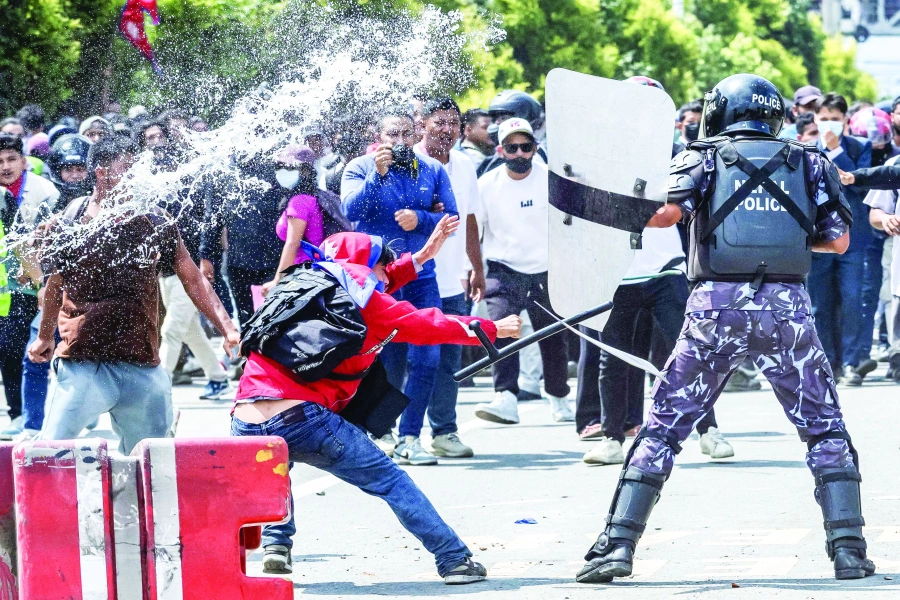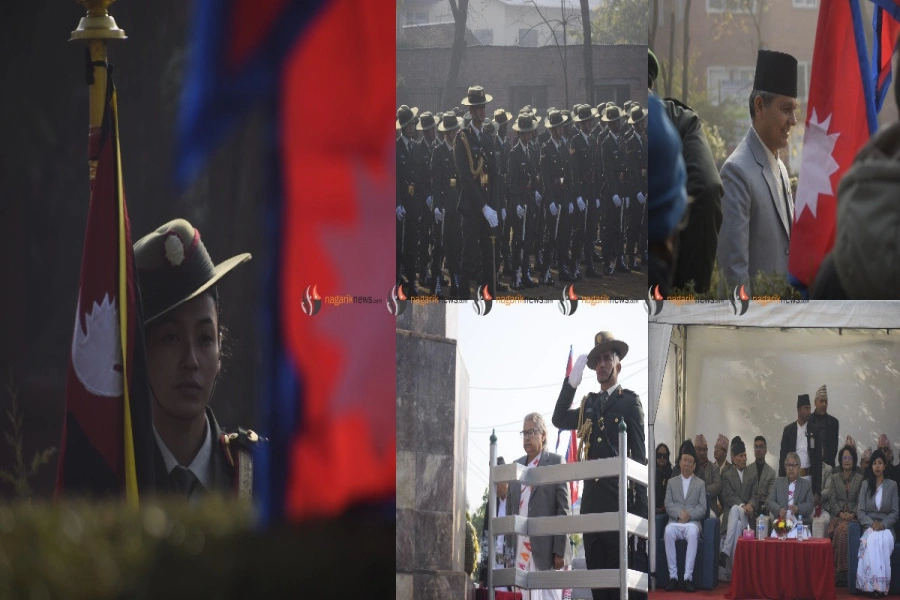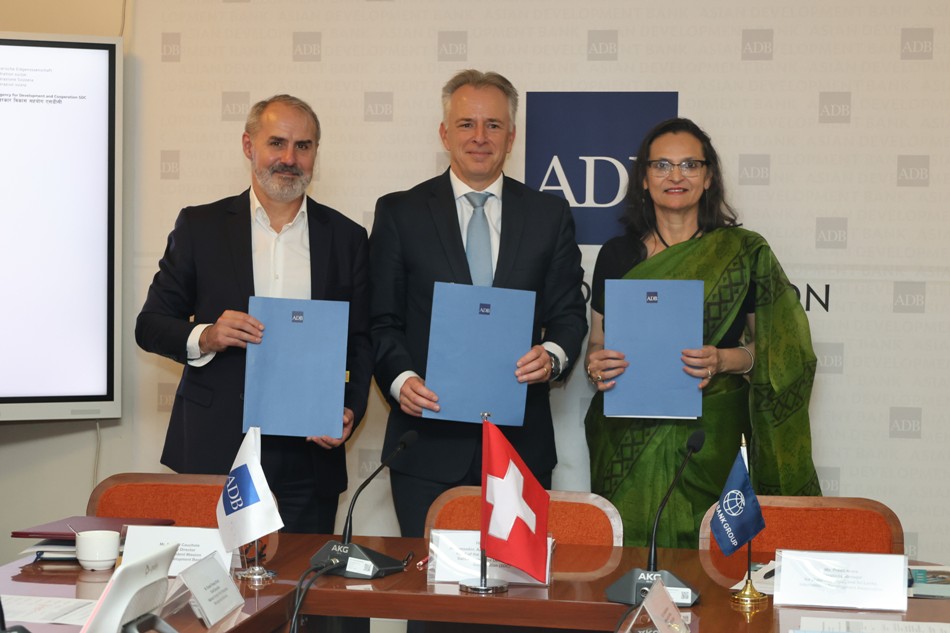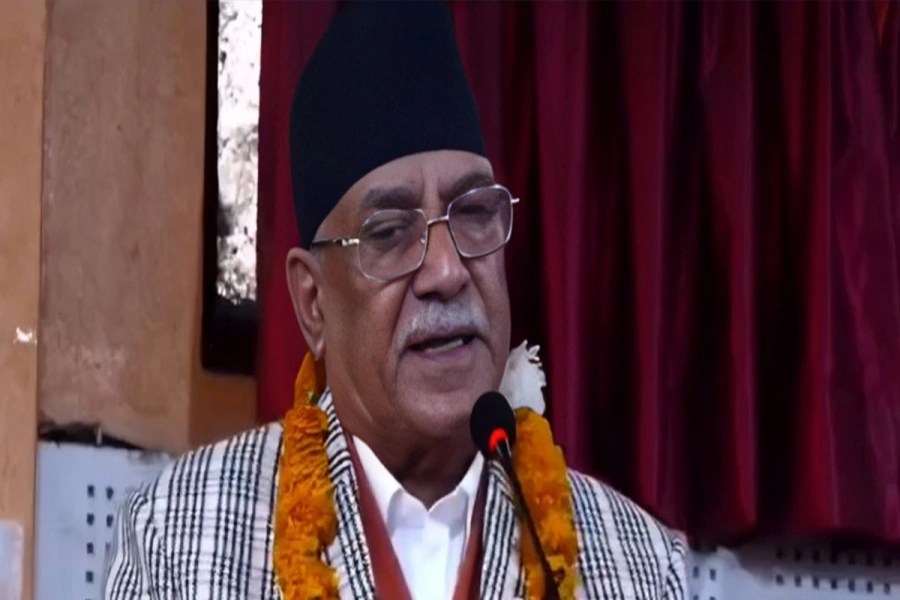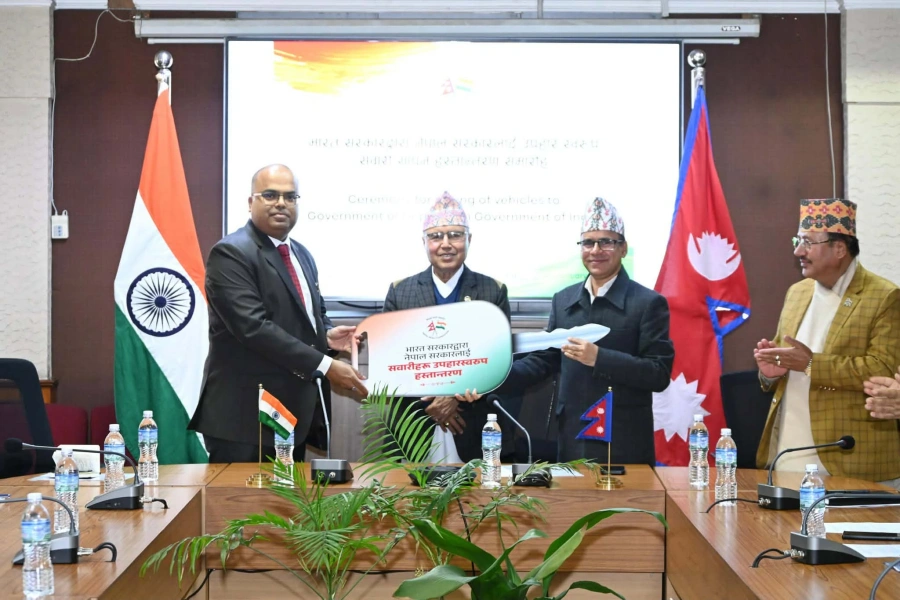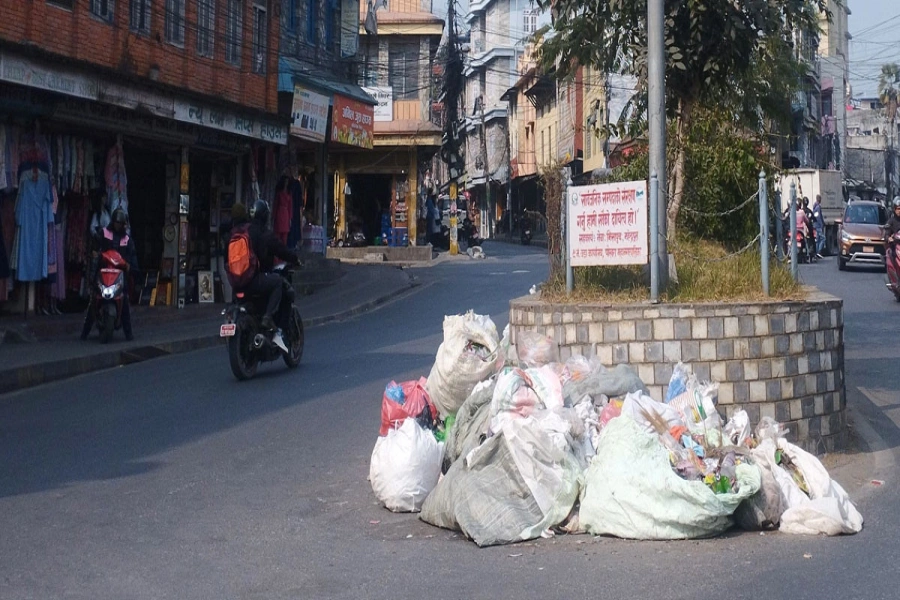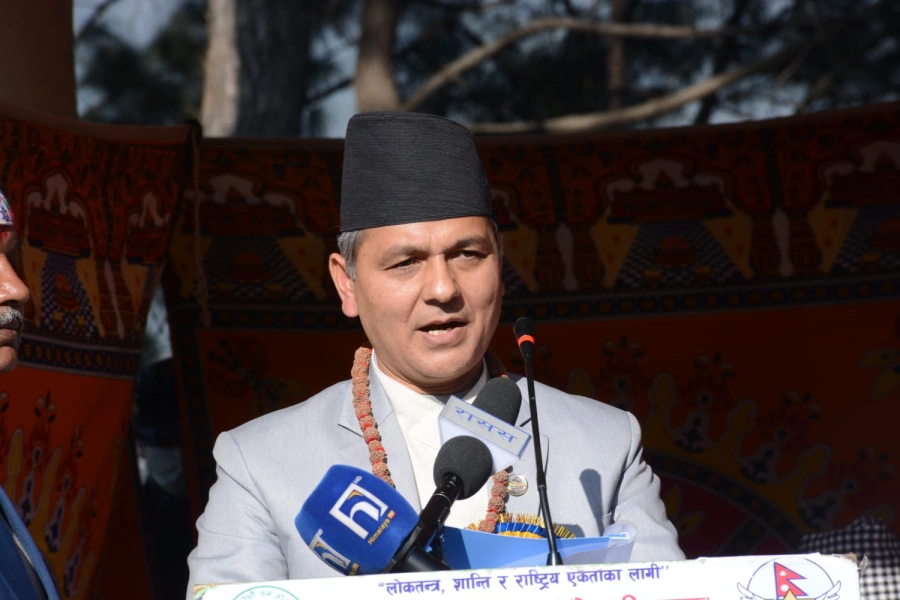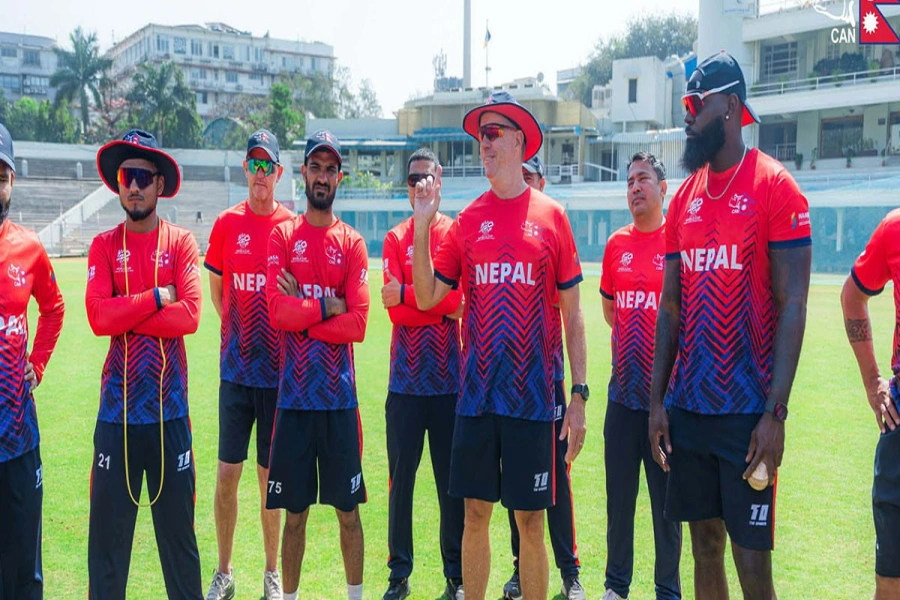KATHMANDU, June 1: The government has approved the new development cooperation policy, outlining the areas of national needs and priorities for the mobilization of international support for development.
According to the ‘Foreign Cooperation Policy, 2019’ which was approved by the cabinet on May 24, the government has identified eight key areas where it will give priority for mobilizing international support.
They include infrastructure development, education, health, drinking water and sanitation, national production and productivity growth, employment creation and poverty alleviation, science and technology development and transfer, environment protection and climate change, disaster risk reduction management, and other areas prescribed by the government where public, private, cooperatives and community lack the capacity.
Post-quake reconstruction top priority of JICA cooperation

This development cooperation policy will replace the previous policy of 2014.
The international support coming through the budgetary system will be the first priority of the government while the area-based support on national priority and needs will get the second priority.
Program-based international assistance will be in the third priority of international cooperation. Support to other projects included in the national plan will be the fourth in the list of the priority for international cooperation.
The grants that development partners provide will be utilized in areas like environment protection, climate changes, sustainable development, and other social issues that can contribute in the human development and poverty alleviation.
Similarly, the government, in its policy, has said that soft loans from development partners will be utilized for infrastructure development (hydropower, energy, irrigation, railway, airport and urban development), agriculture and tourism infrastructure, among other areas which help in economic growth, create employment opportunities and earn foreign currency by boosting export.
However, the government will not accept soft loan for a single project less than of $10 million. The government has also vowed to reduce the conditions on the procurement as much as possible while preparing the project document.
For other loans including from the export-import banks and other project-based financings, the government will utilize such support on hydroelectricity generation and transmission, highways and bridges, railways, airports, dry port, urban development and other areas of national priorities.
Similarly, the policy also identifies the areas where the technical support of development partners will be accepted. The government may seek technical support in project preparation where the technical expertise is needed for pre-feasibility and detailed project report, according to the policy.
However, technical support will not be accepted as a loan while any agency seeking technical support from development partner should get the approval from the Ministry of Finance.
Meanwhile, the policy has also capped the spending in consultancy services to five percent of the total cost of any infrastructure project.
However, the arrangement related to the consultancy in any project must be specified in the project agreement, according to the policy. International consultants can be hired only if there is unavailability of Nepali citizens or organizations that have such expertise.






